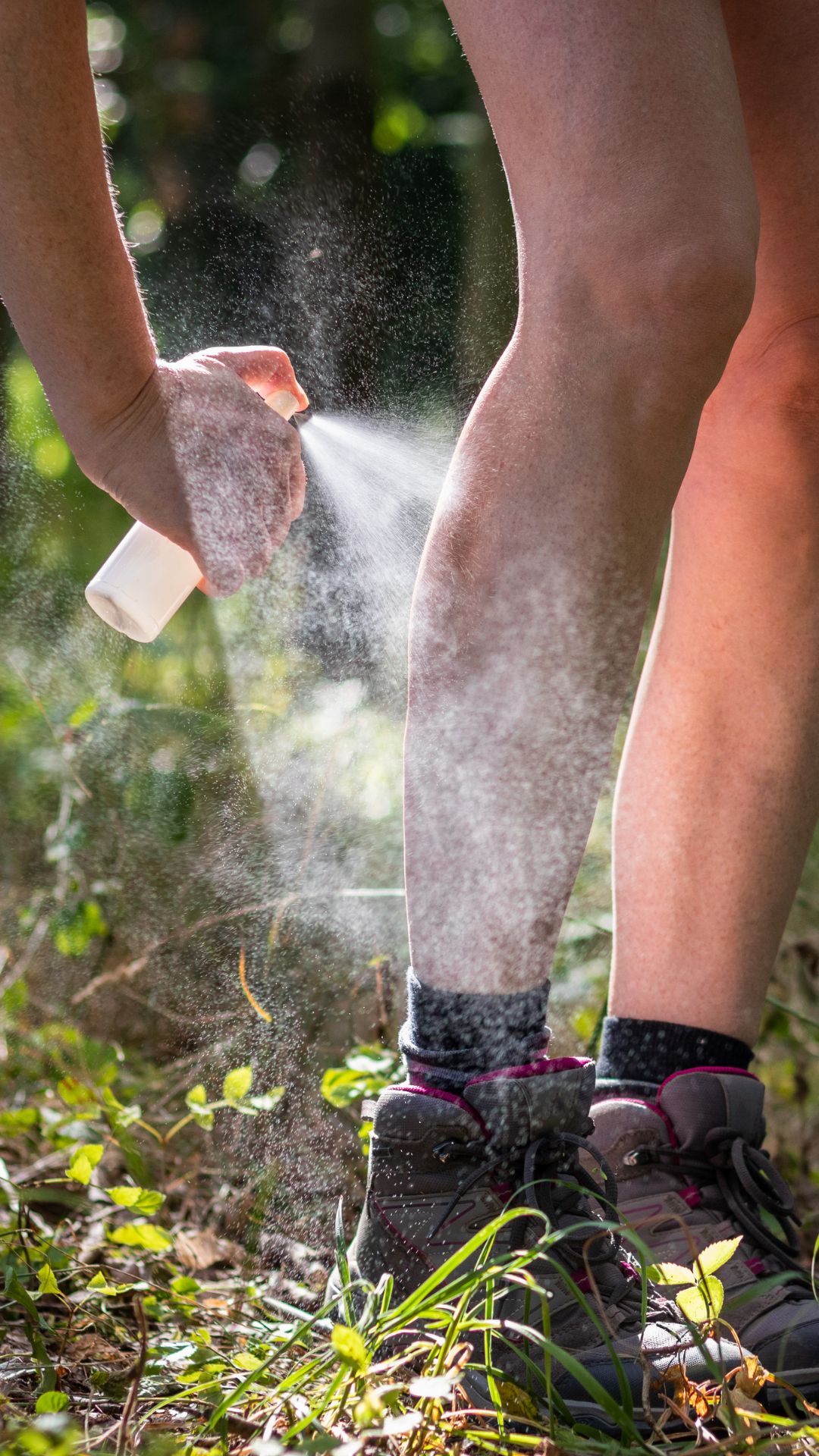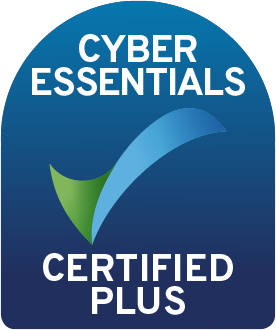

Dengue fever is a mosquito-borne viral infection caused by the dengue virus, which belongs to the Flaviviridae family. The virus is primarily transmitted to humans through the bites of infected Aedes mosquitoes, particularly Aedes aegypti and Aedes albopictus. Dengue fever is widespread in tropical and subtropical regions of the world, including parts of Southeast Asia, the Pacific Islands, the Caribbean, Central and South America, and Africa.
Dengue fever is prevalent in tropical and subtropical regions around the world. Some of the regions where dengue is endemic, and where travellers may be at risk of contracting the virus, include:
- Southeast Asia: Countries such as Thailand, Vietnam, Indonesia, Malaysia, Philippines, and others in the region have reported cases of dengue fever.
- South Asia: Dengue is also found in parts of South Asia, including India, Sri Lanka, Bangladesh, and Pakistan.
- Pacific Islands: Various Pacific Island nations are susceptible to dengue, including Fiji, Samoa, Tonga, and others.
- Caribbean: Dengue is present in many Caribbean countries, including popular tourist destinations like the Dominican Republic, Puerto Rico, Cuba, and Jamaica.
- Central and South America: Numerous countries in these regions, such as Brazil, Mexico, Colombia, and Peru, are known for dengue transmission.
Smarta Healthcare offers Qdenga® dengue fever vaccinations for patients in and around Bedford, Milton Keynes, Luton, Letchworth, Biggleswade, St Neots, Cambridge, Sandy, Hitchin and Huntingdon, or further afield.
Book an AskMyPharmacist travel health consultation today.
The dengue fever vaccination costs £110 per dose. 2 doses over 3 months are required for full protection. Discounts are available for students and family/group bookings.
If you have any questions about required or recommended travel vaccinations, book an AskMyPharmacist travel health consultation as soon as you can to ensure you achieve the full level of protection from any disease risks. Ideally 3 to 6 months in advance would be best, however we understand that sometimes last-minute arrangements mean that time doesn’t always allow for this. Book a consultation as soon as you can to speak to our expert travel health specialist to find out more about your specific requirements.
The Qdenga® dengue fever vaccine is administered in two doses, with a 3-month interval between them, but even for last-minute travellers, it is not too late to receive the vaccine.
A single dose of the Qdenga® vaccine offers around 81% protection against all Dengue virus serotypes until the second dose is administered. The second dose of Qdenga ® provides a high level of protection, approximately 95%, from 30 days to 12 months after vaccination.
Vaccination is a very important preventive measure against dengue fever.
Avoid getting bitten by insects as much as possible:
- Wear loose clothing with long sleeves and trousers wherever possible.
- Use a good quality insect repellent on any exposed skin during the day and especially at night, and make sure you apply it regularly. Apply it after sunscreen, if you’re using the two together.
- Mosquito nets with insecticide can be used to protect you while you are sleeping.
Common symptoms of dengue fever include sudden onset of high fever, severe headaches, pain behind the eyes, joint and muscle pain, fatigue, nausea, vomiting, and skin rash. In severe cases, dengue fever can progress to dengue haemorrhagic fever or dengue shock syndrome, which can be life-threatening.
If you develop any of these symptoms during or after your travel, it’s important to let your healthcare professional know where you have travelled.

Select your destination
Use the tool below to find the recommended vaccinations for your travel destination. Select the continent or the country from the drop down menu. You can then book your appointment at our Smarta Healthcare Clinic.









































































































